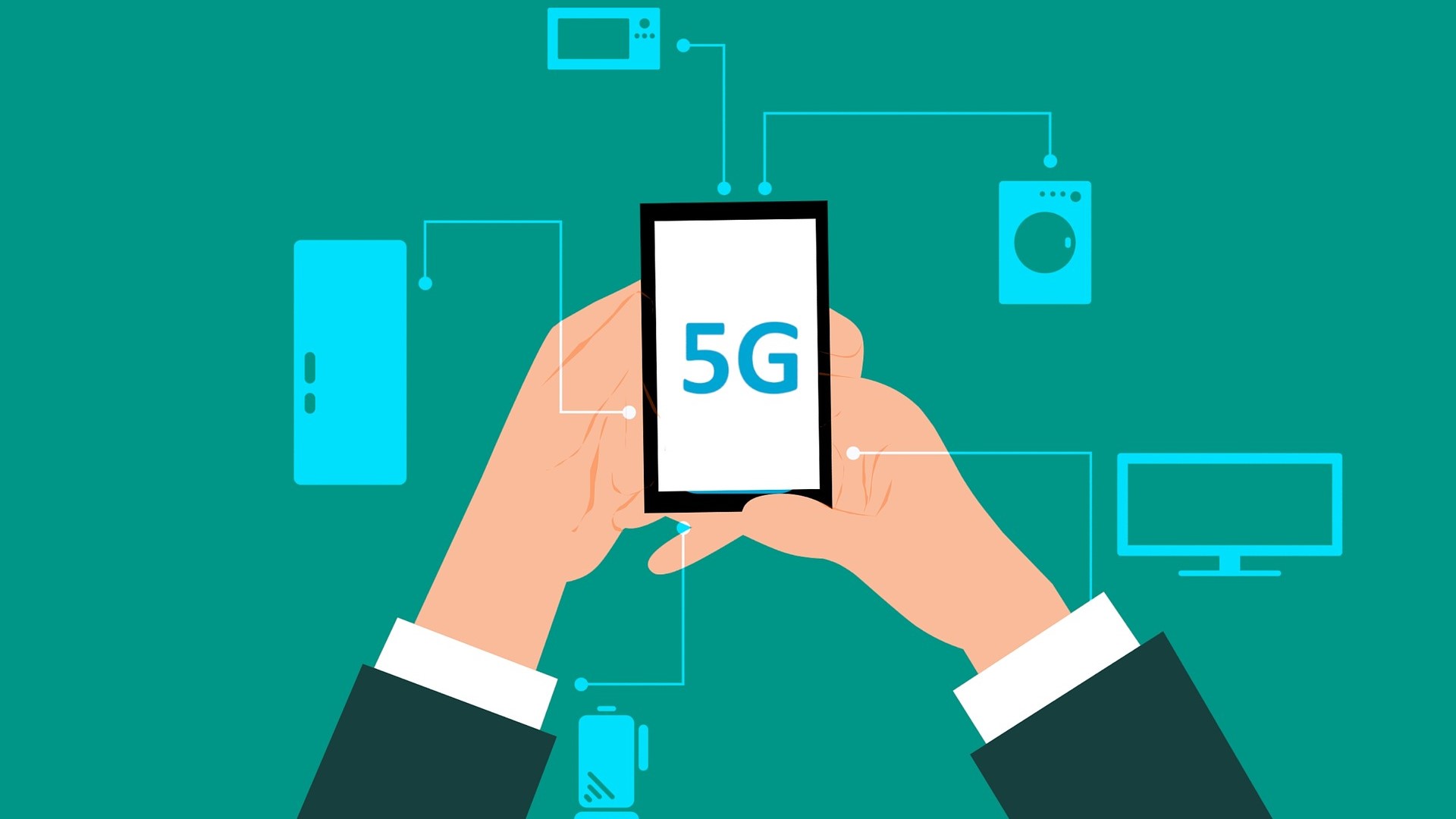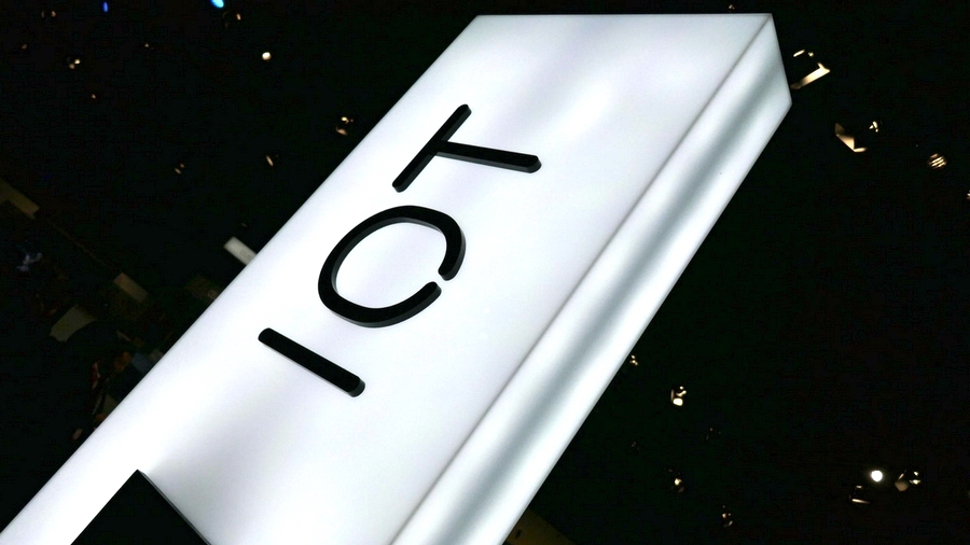Qualcomm readies for a 5G future
IoT and super-connected mobile devices among the areas set to benefit

With 5G now poised for release across the UK, the use cases for the next-generation networks are beginning to be realised in full flow.
Qualcomm has been heavily involved in 5G for many years, with its role as probably the world’s leading chipmaker putting it in pole position to take advantage of the technology within the mobile industry as a whole.
But with all the hyperbole surrounding the benefits 5G can have, what does a company with this unique viewpoint see as the immediate effects of the new networks?
- 5G: Everything you need to know
- Your next smart speaker will listen better and last longer thanks to Qualcomm
- 5G and smart cities: everything you need to know
Get connected
“What is striking from our point of view right now (is that) you see a full set of commercial, or very near, commercial smartphones all running on 5G,” says Ben Timmons, Qualcomm's European director of business development.
“We’ve talked about 5G for so long,...and now it's here, working.”
Timmons notes that Qualcomm started work on 5G in 2006, and is unsurprisingly upbeat about the benefits the new technology can bring, offering the potential to unlock high-speed internet access for billions of people around the world.
With only the highest-price handsets supporting 5G at launch, the onus will soon be on hardware firms such as Qualcomm to provide the kit to make such connectivity available to the mass market.
Sign up to the TechRadar Pro newsletter to get all the top news, opinion, features and guidance your business needs to succeed!
“This is about democratisation,” he says, “bringing 5G quickly down the tiers in smartphones, improving the efficiency and the cost base of the devices.”
“That's what we do...we're trying to enable other people. And in the end, it's our partners, not customers, the OEMs, the operators, the infrastructure vendors, they're the people are actually implementing it in the end and putting it in the hands of consumer.”
Timmons notes that Qualcomm’s OEM partnerships are "critical" to the future of 5G and to the company as a whole. “They have to build the devices that exploit the underlying capabilities that we're offering,” he notes, “it's no good doing all our work in the chip if there aren't customers out there that can exploit this.”
“This is the real 5G transformation....we've got things that are going to help make the new Industrial Revolution,” he says.

IoT future
Speaking of industry, the Internet of Things (IoT) and Industry 4.0 are set to be one of the key areas benefiting from the incredible improvement in connectivity that 5G will bring. Smart manufacturing, working on the go and smart cities are all areas that will receive a significant boost from 5G, and this could be excellent news for the likes of Qualcomm.
As Timmons says of the IoT, “"I continue to think that, over time, this is the most important transformation 5G will bring.”
“There is an extraordinary complexity of the way in which communications and networking technology is used in pretty much any enterprise application that you can think of, even at the kind of straightforward level of a way that would that would impact people like us.”
He also notes the potential that has to make, “massive productivity gains in complex industry,” with increased use of robotics a key use case in providing huge savings across the board.
“There's a lot to do in the whole industrial area where we've got the technology in place now and then we've got to start to build the product and the relationships and sort out the processes”
“With 5G, you can connect millions of devices, you can deliver extremely high bandwidth, extremely low latency, with enormous efficiency,” he adds. “It's a huge step.”
- What is the IoT? Everything you need to know

Mike Moore is Deputy Editor at TechRadar Pro. He has worked as a B2B and B2C tech journalist for nearly a decade, including at one of the UK's leading national newspapers and fellow Future title ITProPortal, and when he's not keeping track of all the latest enterprise and workplace trends, can most likely be found watching, following or taking part in some kind of sport.